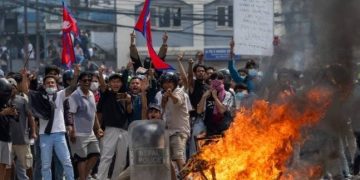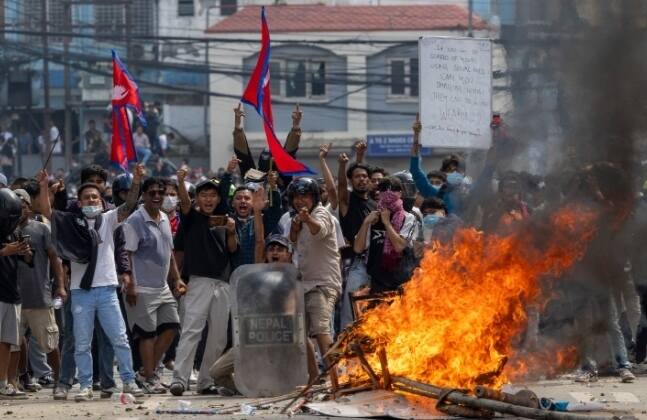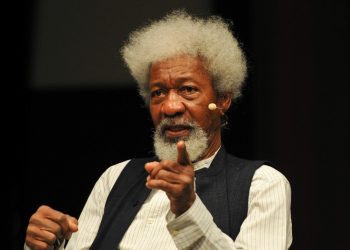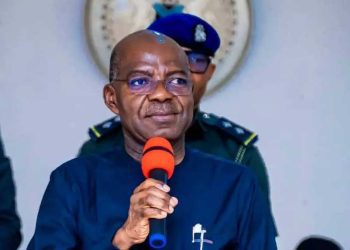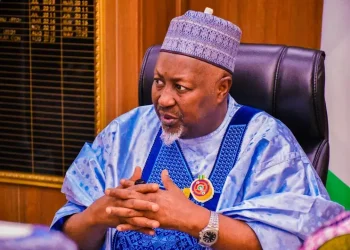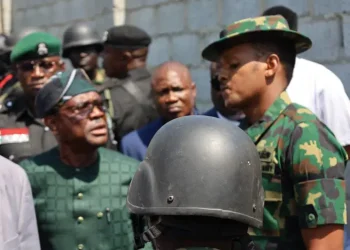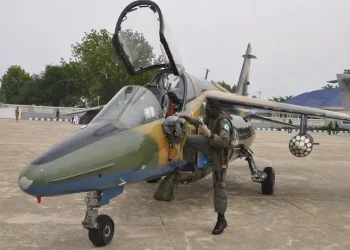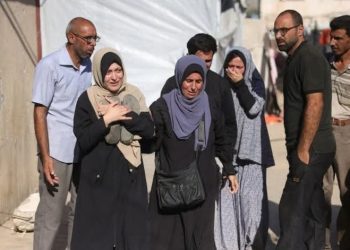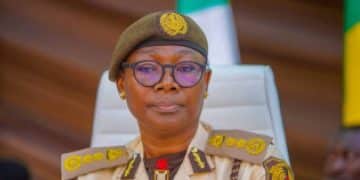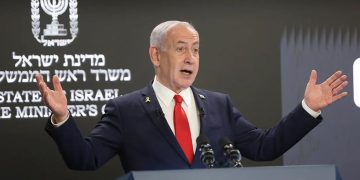At least 14 people have lost their lives in Nepal after huge protests against a government ban on social media turned violent.
The trouble began when the government decided to block 26 popular online platforms, including Facebook, X (formerly Twitter), YouTube, Instagram, and WhatsApp. This ban angered thousands of young people, especially those from Generation Z, who quickly filled the streets of Kathmandu. Many of them carried Nepal’s national flag and shouted slogans such as:“End the social media ban! Fight corruption, not social media!”
At first, the demonstrations were mostly peaceful. Protesters gathered near the parliament building to make their voices heard. But soon, the situation became tense and spiraled out of control. Eyewitnesses said that some groups of protesters tried to push their way into the parliament compound. In response, the police fired live rounds at the crowd. Security forces also used batons, rubber bullets, water cannons, and tear gas to force people back.
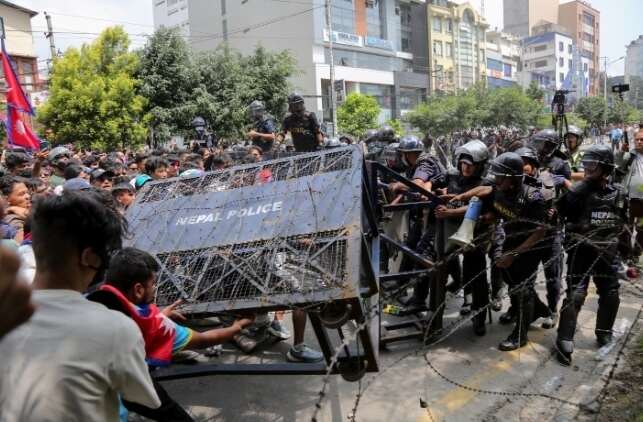
Prithvi Subba, Nepal’s Minister for Communication, admitted to the BBC that police had used strong measures to bring the situation under control. Following the deadly clashes, the government placed several areas of Kathmandu under curfew in an effort to calm things down and stop more violence.
The government has defended its decision to ban social media, saying the move was necessary because companies did not meet a registration deadline. Officials argue that tighter rules are important to prevent the spread of fake news, scams, and online crime. However, many people in Nepal believe this is just an excuse to silence criticism and limit freedom of speech. Critics say the ban unfairly targets young people, who rely heavily on social media for communication, learning, and activism.
Because so many young Nepalis are leading the demonstrations, the movement is now being called the “Gen Z protest.”For them, this is not only about social media, it is also about demanding transparency, freedom, and accountability from their leaders.
Tensions remain very high in the country. Protesters are still refusing to back down, and police continue to guard sensitive areas. With both sides unwilling to give up, many fear that more clashes, and more deaths, could follow if no solution is reached soon.
